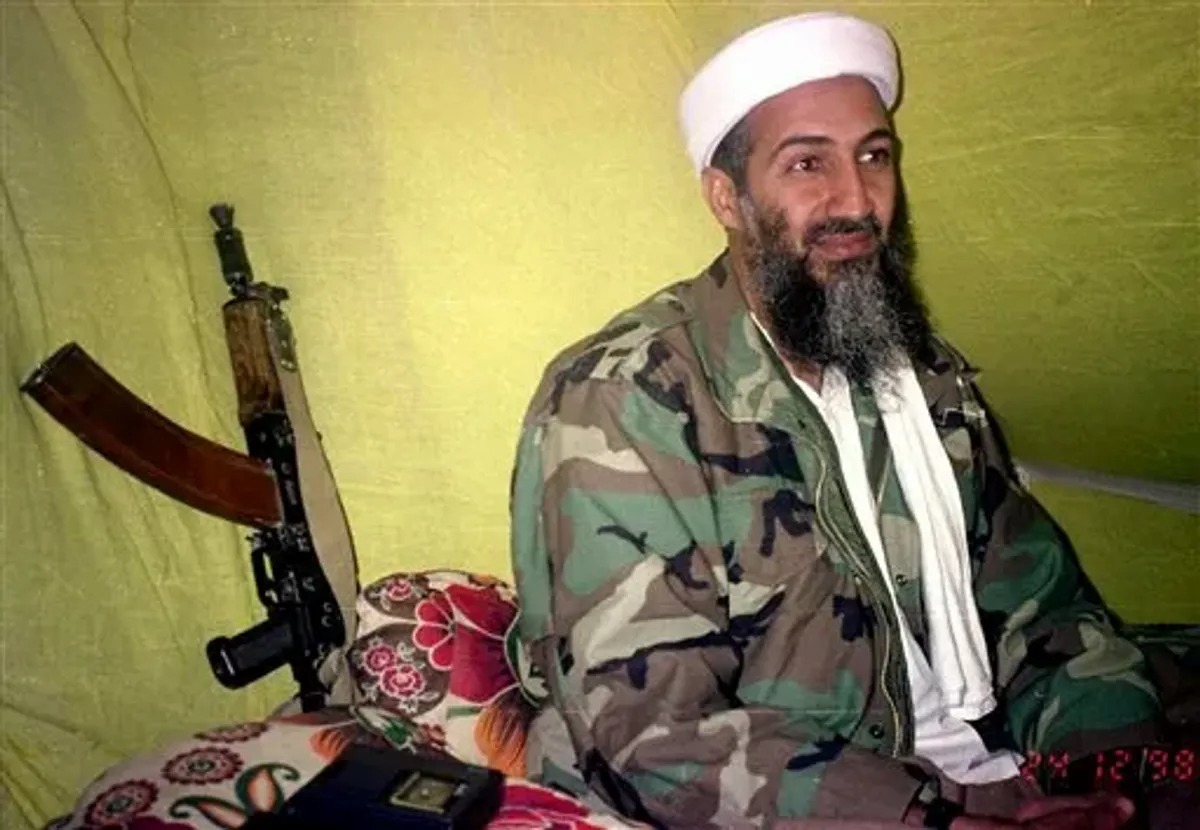According to media reports, the US State Department has stated that Iran has been allowing Al-Qaeda to facilitate terrorist activities through a communication line since 2009, enabling the transfer of budget and fighters to various regions, including South Asia and Syria.
Despite awareness of Al-Qaeda’s leader’s activities in Iran, the Islamic Republic continues to deny their presence in the country. Iran has been labeled as the main destabilizing force in the Middle East since 1978 and is identified as a significant sponsor of terrorism, supporting organizations like Hezbollah and Hamas globally.
The United Nations Security Council has disclosed the establishment of eight new Al-Qaeda training camps in Afghanistan, operating with intermediaries connecting Saif al-Adel, Al-Qaeda’s leader in Iran, with key figures in Afghanistan.
Al-Qaeda Leader (Credits: CBC)
The report highlights Al-Qaeda’s presence in secure houses across Iran and Afghanistan, with members regularly moving between the two countries.
Saif al-Adel assumed leadership of Al-Qaeda after the killing of Ayman al-Zawahiri in Kabul in 2022, believed to be residing in Iran. The US State Department confirmed Saif al-Adel’s presence in Iran.
However, Iran’s mission to the United Nations has rejected reports of a new Al-Qaeda leader in Iran, dismissing the presence of Al-Qaeda leaders in Iran as “ridiculous.” Reports have surfaced regarding the presence of senior Al-Qaeda leaders or Osama bin Laden family members in Iran over the past decade.
Both Saif al-Adel and Abu Muhammad al-Masri reportedly continued their activities in leading the Al-Qaeda network from within Iran after being released from Iranian custody following a prisoner exchange in 2015.
Despite repeated denials, since 2011, there have been reports about the relationship between Iran and Al-Qaeda and the presence of the network’s leaders in Iran.
